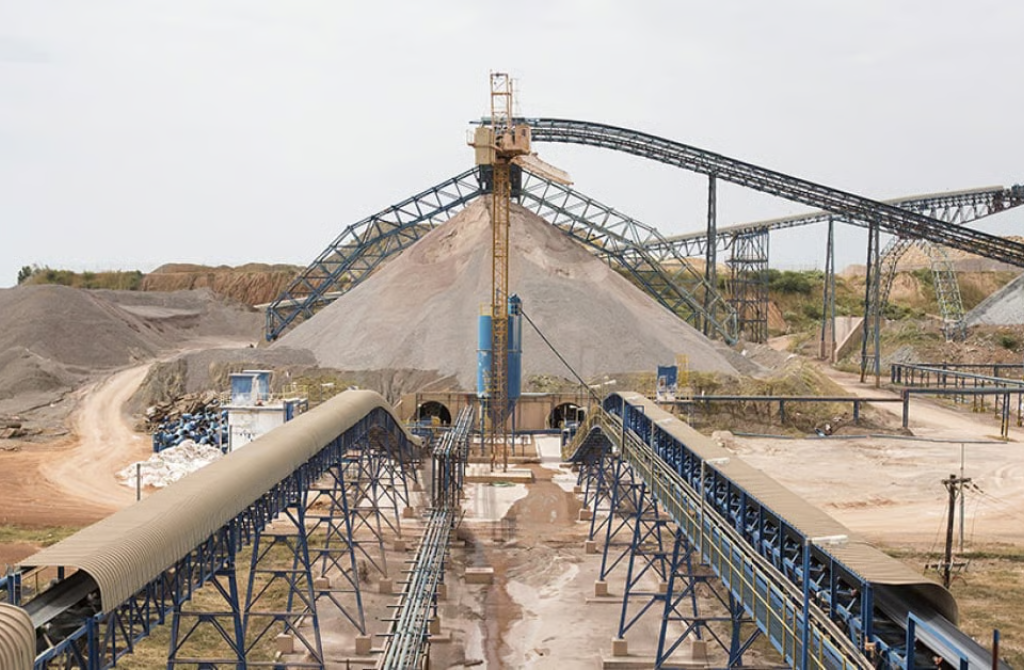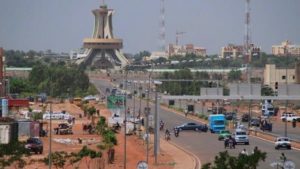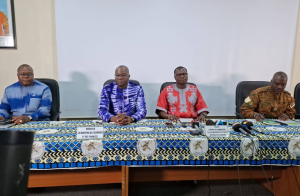Mali: an ambitious overhaul of its mining sector to promote national and regional development

The Council of Ministers meeting on September 19, 2025, marked a decisive step in the economic and political rebuilding of Mali, through the adoption of decrees that strengthen the state’s share in the mining sector an essential lever for the country’s sovereignty and sustainable development.
Although gold production saw a decline in 2024, these measures reflect the government’s affirmed will to fully regain control of its natural resources, in order to build a new Mali a strong, autonomous Mali that drives the renewal of the Sahel.
By renewing exploration permits and validating conventions where the state’s participation becomes non-dilutable and non-contributory, Mali asserts its capacity to manage its strategic resources without submitting to the diktats of multinational corporations.
The emblematic example of Fekola S.A. illustrates this new reality; the Malian state now holds a strengthened share, guaranteeing a significant increase in tax revenues, which are indispensable for financing public policies and creating jobs.
More than mere regulation, this is a true revolution in mining governance, where economic sovereignty is coupled with a Pan-African vision of emancipation.
The pivot towards lithium, a mineral of the future, also demonstrates a proactive strategy focused on diversification and innovation.
With the ramp-up of mines in Torakoro, Sadiola, Bougouni, Syama, and especially the new Goulamina mine, Mali is investing in resources essential to the global energy transition.
The state, with its 35% capital share, ensures a fair share of revenues that must flow into the local economy, boost infrastructure, and strengthen regional resilience in the face of climate change and security challenges.
Beyond the figures 835 billion CFA francs in mining revenue in 2024, 15,000 direct jobs, 200,000 indirect jobs a dynamic of shared sovereignty is taking root.
This mining policy strengthens Malian economic independence and creates the conditions for lasting peace by integrating local communities into the value chain.
It gives Mali the stature of a key player on the African stage, alongside giants like Ghana, with a clear ambition to spur endogenous, solidarity-based, and sustainable development—a pillar of the Sahel’s refoundation.
Neil Camara






